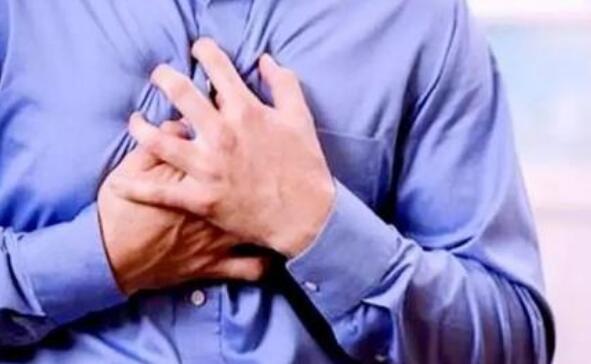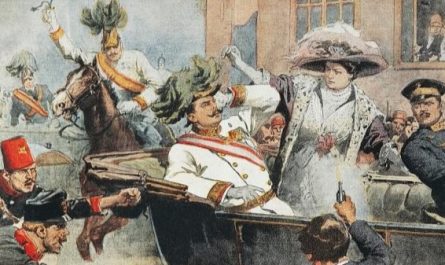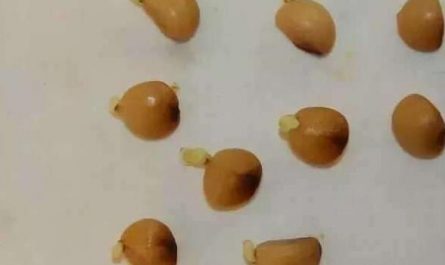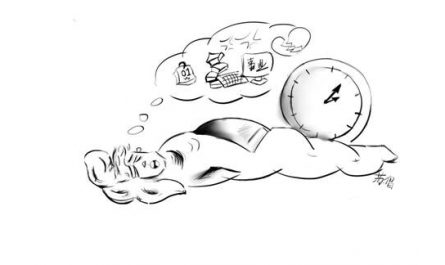From birth to the end of life, the heart always works tirelessly day and night. People often compare the heart to a perpetual motion machine, which continuously contracts to deliver nutrients to all parts of the body. Working non-stop every day, doesn’t the heart get tired and don’t need to rest? If it needs to rest, why has it never stopped beating? Let’s take a look at the truth.
In fact, our hearts are also tired. Not only that, the heart also has its own way of rest, because it also needs to protect its own health and safety. Why do we never feel it rested? Let’s first understand the structure and working principle of the heart.
Myocardium is a muscle unique to the heart. The muscles that the human body can move freely are called skeletal muscles, also called striated muscles. This kind of muscle is known as fatigue. Generally, we need to rest in time to recover physical strength after exercise. Like bodybuilders, they can make the striated muscles of the body become very strong through fitness. The muscles distributed in the heart and blood vessels are called smooth muscles. Unlike the skeletal muscles of the body, smooth muscles are not controlled by the body’s consciousness, but have their own control system. In the past, people thought that the heart controlled thoughts. Now scientists have shown that the brain controls the thoughts, but the brain cannot control the frequency of the heartbeat.
The structure of cardiomyocytes is arranged in parallel columns, which is different from the arrangement of other cells. Cardiomyocytes are long, fibrous, with branches, and the fibers are connected head to tail. Cardiomyocytes contain myofibrils. Myofibril is a contractile substance with horizontal stripes. It has a segmented structure called myofibril node. The myofibril node is composed of two kinds of filaments. The two kinds of filaments slide against each other. It causes the contraction and relaxation of myofibrils, which also causes muscle movement.
We usually feel that the heart is beating non-stop without rest. It is not that it really has no rest, but the way it rests is clever. During the heartbeat, the two atria contract first, then the two ventricles relax, and then the whole heart relaxes. Resting is completed during the alternating contractions of the atria and ventricles. This is why the heart can beat without interruption without being tired.






